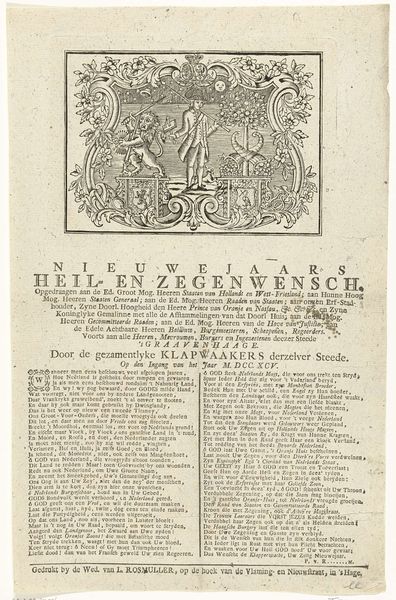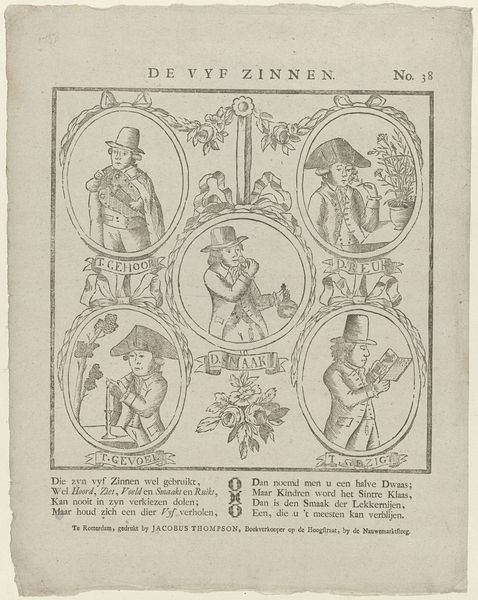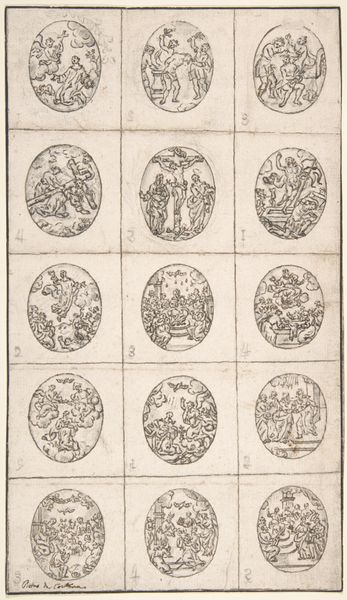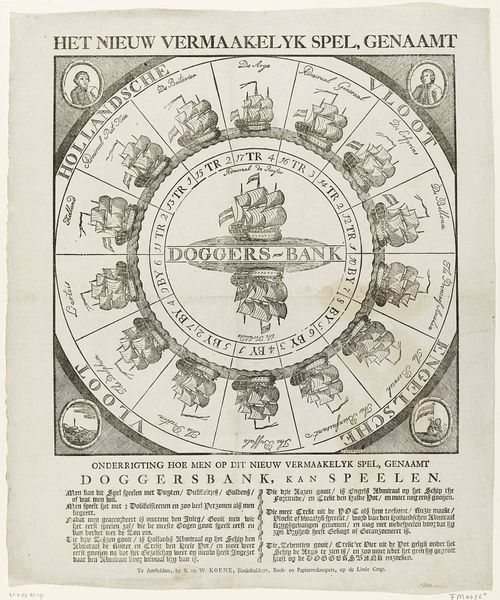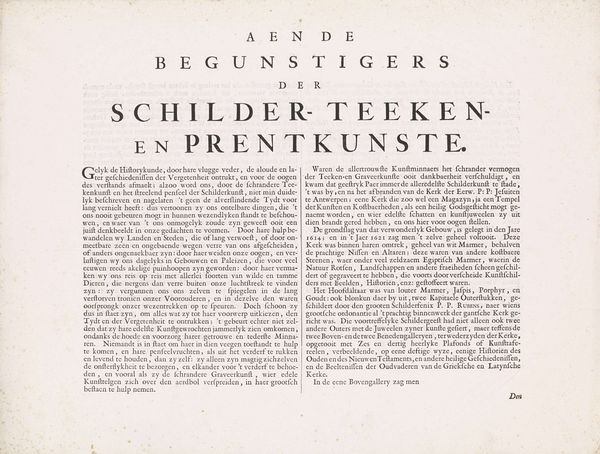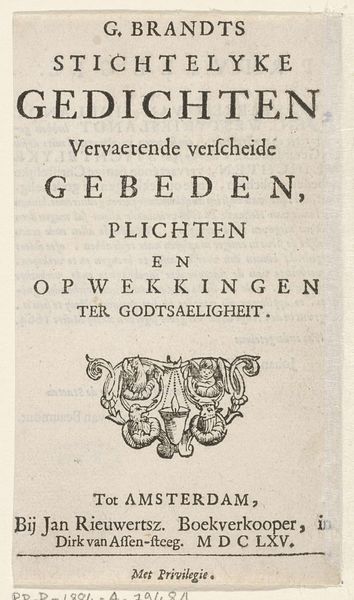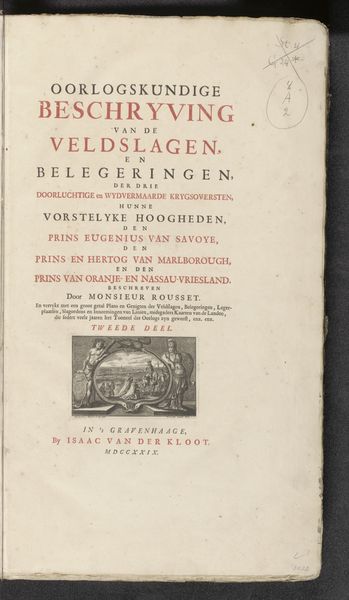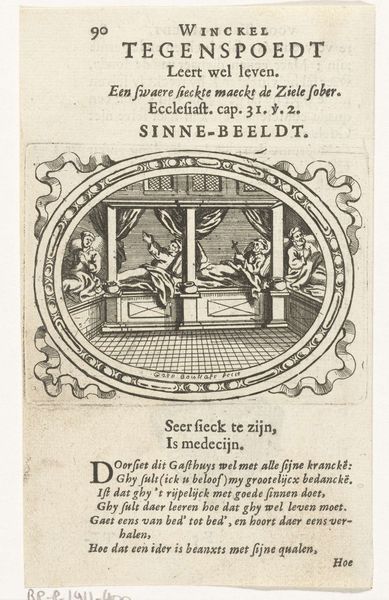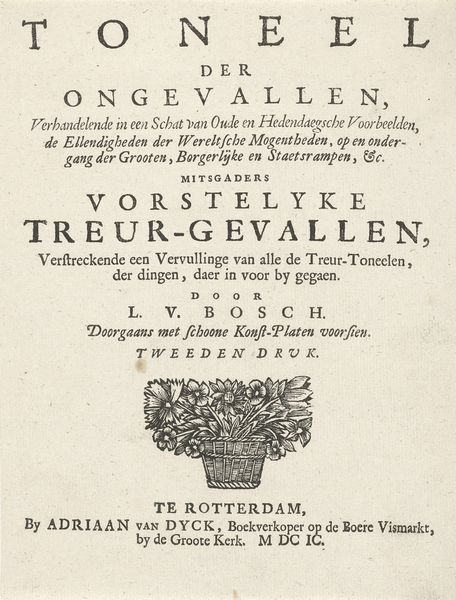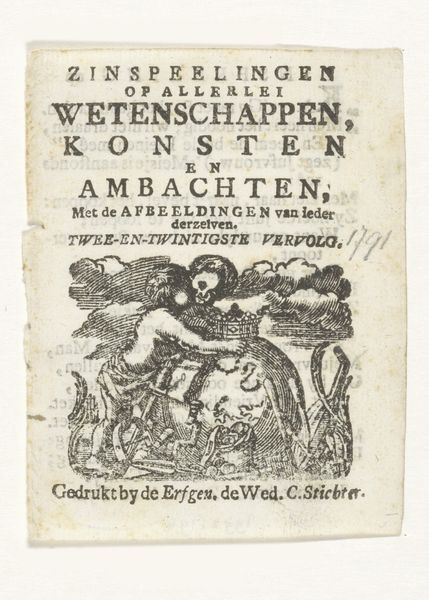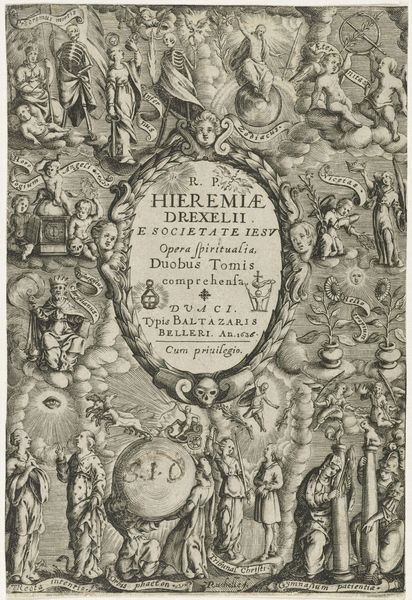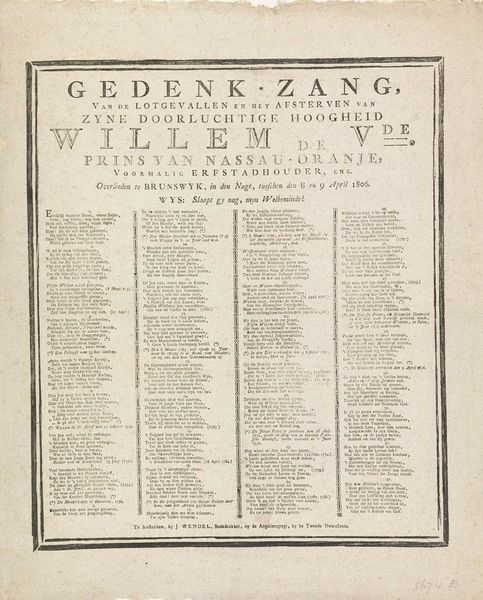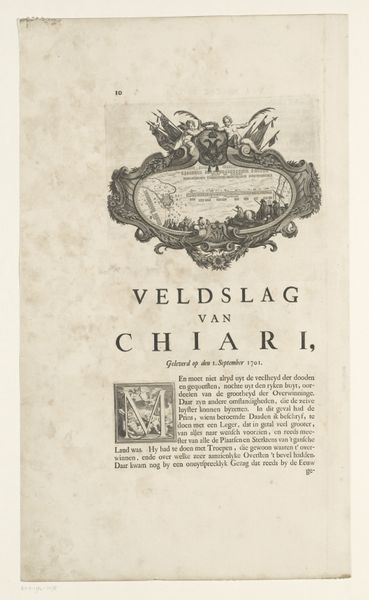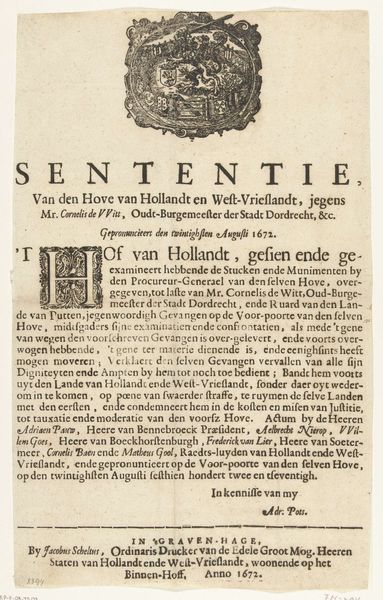
graphic-art, print, engraving
#
graphic-art
#
dutch-golden-age
# print
#
coin
#
engraving
Dimensions: height 311 mm, width 315 mm
Copyright: Rijks Museum: Open Domain
This print, made in the Netherlands in 1692, shows a range of schilling coins, along with instructions from the States of Holland and West Friesland. The image serves as an index, directing viewers to coins that have been reduced in value. In the seventeenth-century Dutch Republic, coinage was far from standardized. Various provinces, cities, and even private entities minted their own schillings, leading to a complex and often confusing monetary landscape. This print addresses the social and economic need for clarity. It's a visual tool produced by the governing authorities to inform the public about the value and acceptability of different coins. By visually cataloging these coins, the print asserts a degree of control over the circulation of money, thus shaping economic behavior. To understand this print fully, we might consult archival records of the States of Holland and West Friesland to uncover the economic policies behind this act of standardization. The social history of money is a fascinating field, reflecting the complex interplay of economic policy and visual culture.
Comments
No comments
Be the first to comment and join the conversation on the ultimate creative platform.
